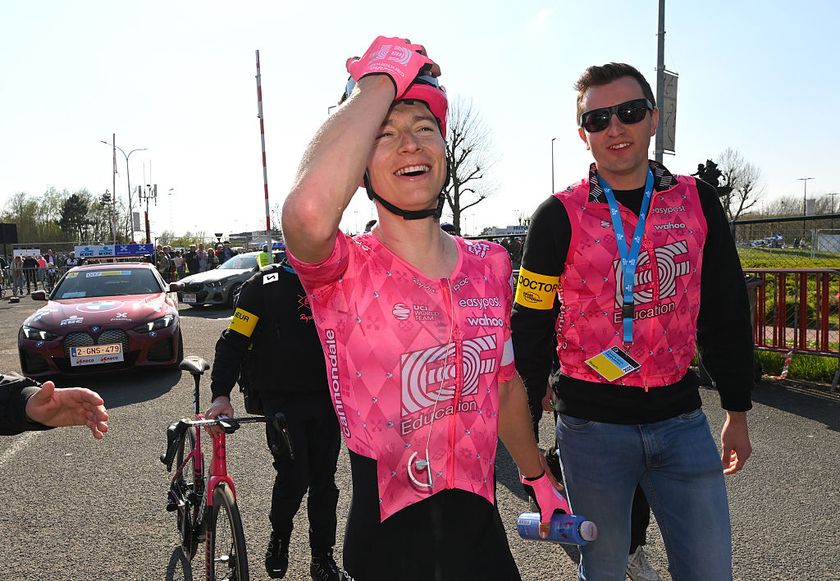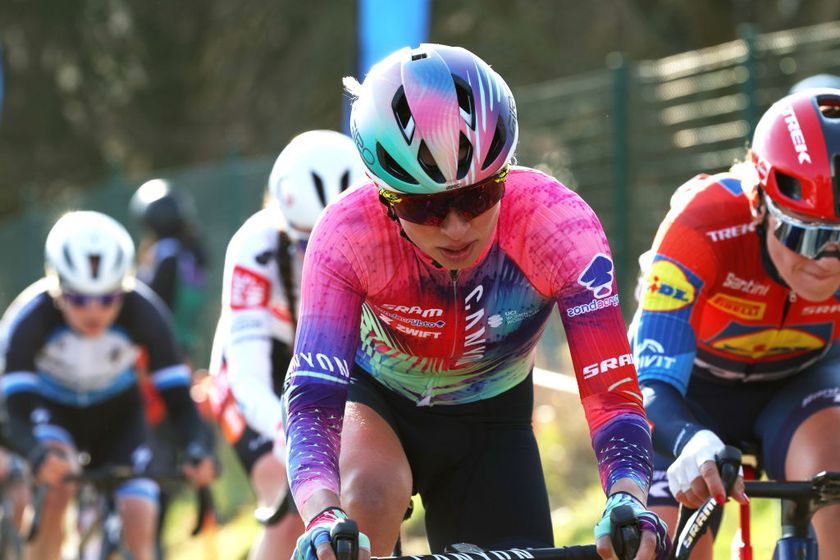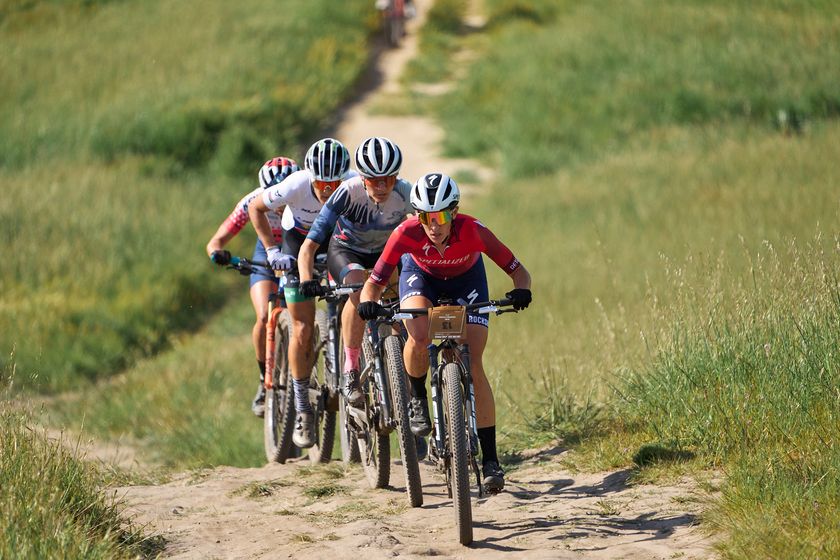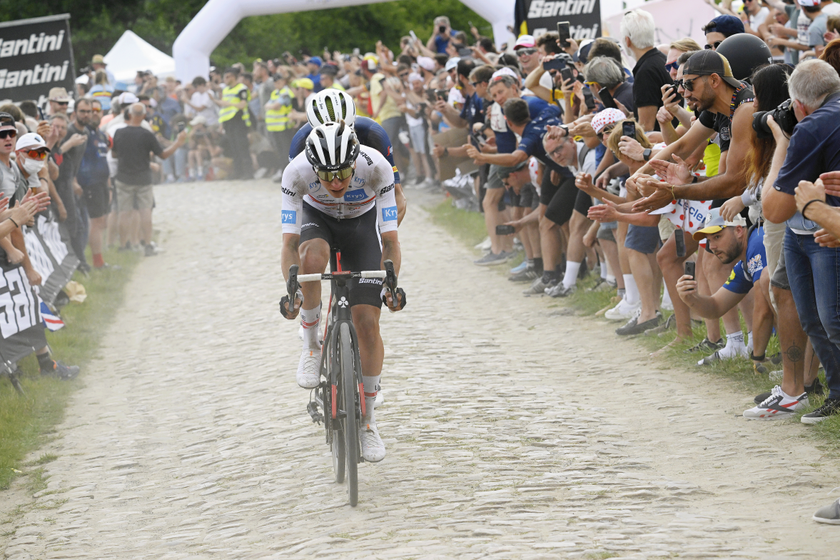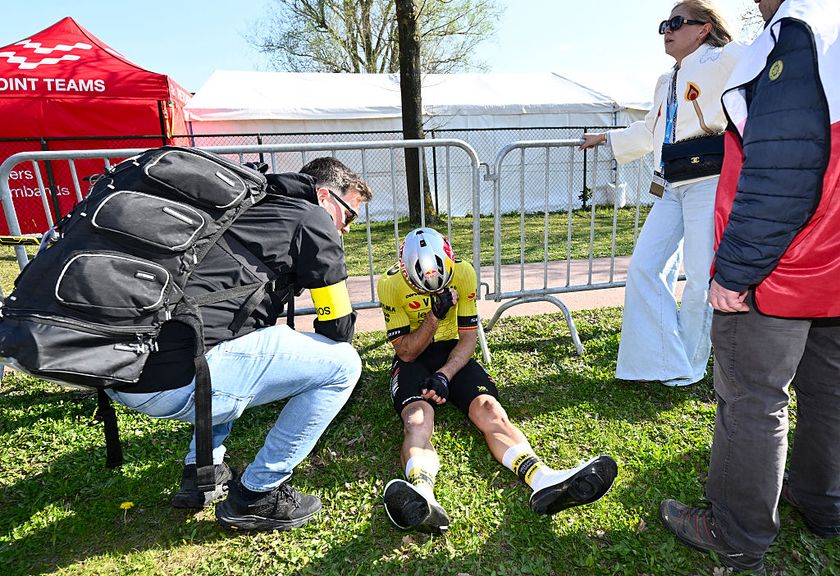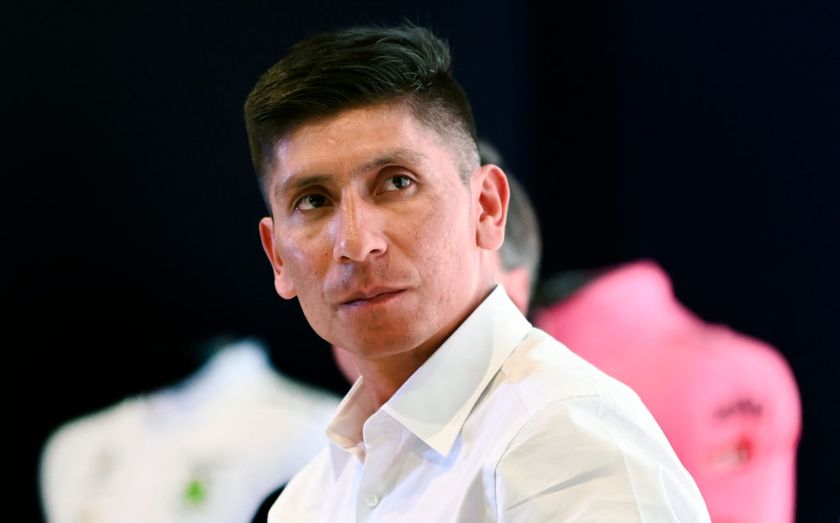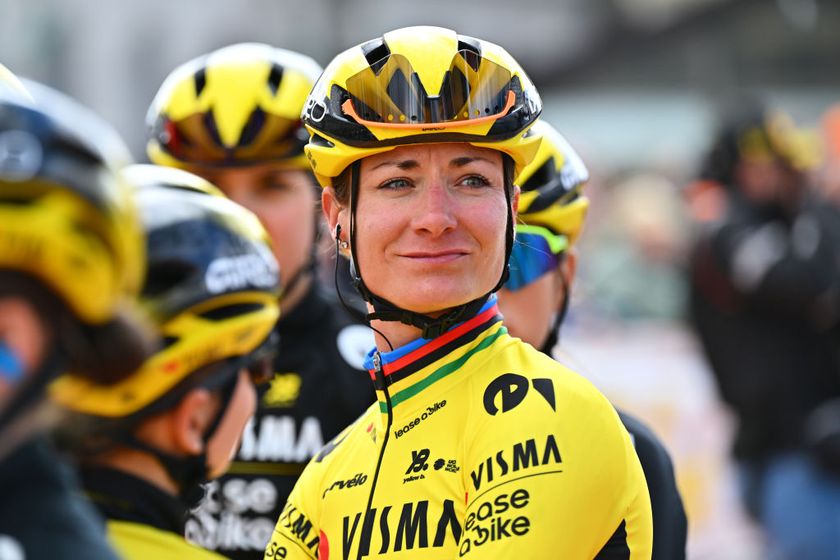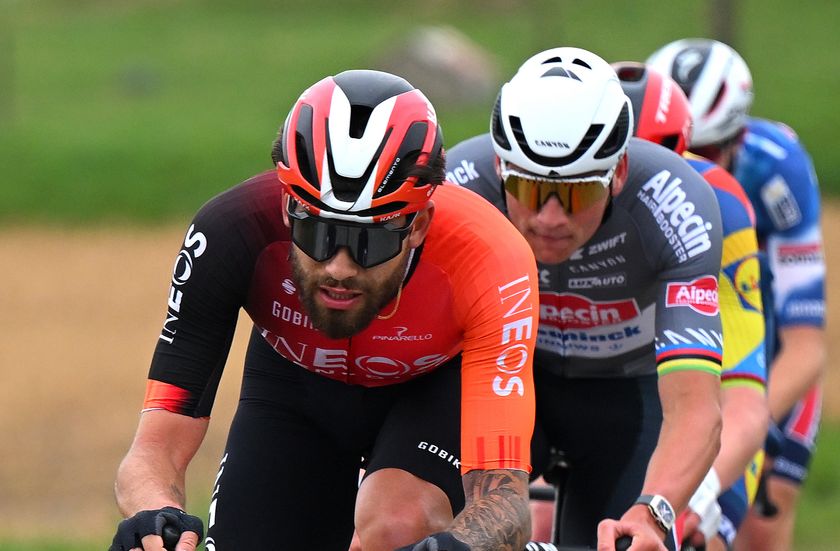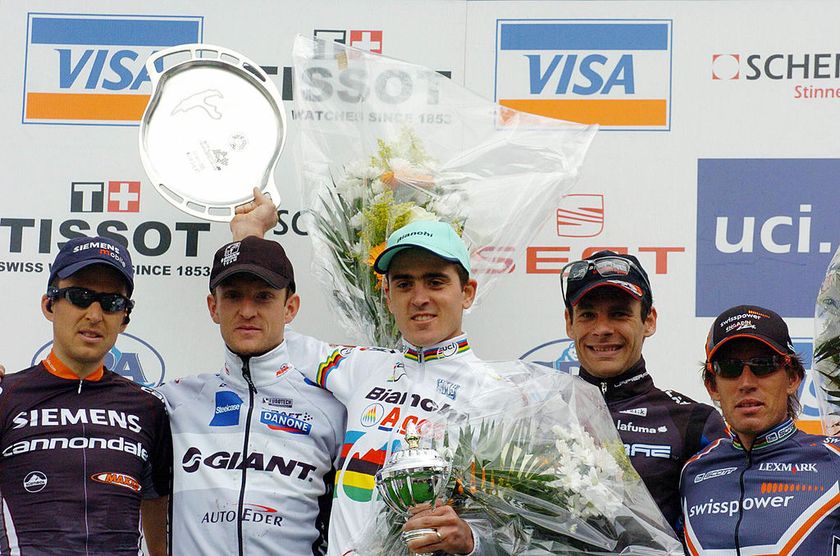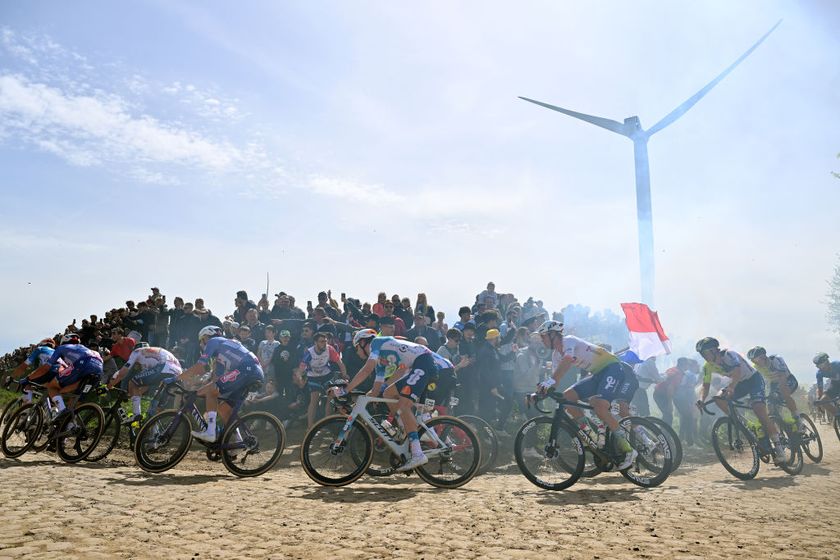Jaksche talks doping
By Susan Westemeyer Jörg Jaksche was 19 years old and not performing at all well in his first pro...
By Susan Westemeyer
Jörg Jaksche was 19 years old and not performing at all well in his first pro year, when he got a suggestion as to how to save his career. "The team manager came into my room and said: Listen; in cycling you take drugs like this, and either you accept or you leave the sport," Jaksche told the anti-doping conference "Play the Game" in Iceland.
"At the beginning I was a little bit sad entering the game of doping," he said, according to thepulse2007.org. "But in time I got used to it, especially because everything got all positive around me. I went fast, everyone liked me, because I was successful – it was all positive, so I didn't have a bad conscience."
The doping continued throughout his entire career. During this week's conference, UCI president Pat McQuaid said that he thought that there is no more organized doping in cycling, a statement Jaksche disagreed with. "Maybe I have just been unlucky, because I have been on six teams, and on all six there has been organized doping," he said. However, in another televised interview on the pulse site, Jaksche changed his statement and said "five or six teams, except for my last team, where I was only riding for two months, I always had the offer to dope...." His last team was Team Tinkoff.
The doping continued throughout his entire career, and he didn't always know what he was being given or what effect it might have. "I wanted to know, but they didn't tell me – they said it was a corporation. You have to accept what they give you. I felt strange having to accept it, but at the time I didn't care." He added, "The only thing I was afraid of was getting tested positive. That was the main fear, because I had good doctors, who were reasonable. I knew they had children, so I thought they wouldn't give us something dangerous, at least I hoped."
Jaksche indicated that he has the support of many of his colleagues, even if they aren't willing to speak out publicly. "Most of the riders are suffering under the system. They quietly say, that what I did was good, but they only say it to me, because you don't talk in public about what happens on the teams. I have a big problem with the fact that only the cyclists are criminalized. That will destroy the sport. So I just want to be honest and tell the truth. Of course I hope that more riders will do it, but most of all we are all egoistic who try to get the best out of the situation for ourselves."
Get The Leadout Newsletter
The latest race content, interviews, features, reviews and expert buying guides, direct to your inbox!
